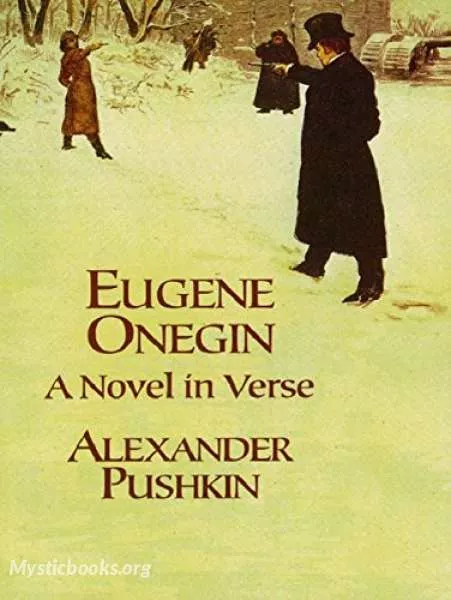
Eugene Oneguine
'Eugene Oneguine' Summary
In the 1820s, Eugene Onegin is a bored St. Petersburg dandy, whose life consists of balls, concerts, parties, and nothing more. Upon the death of a wealthy uncle, he inherits a substantial fortune and a landed estate. When he moves to the country, he strikes up a friendship with his neighbor, a starry-eyed young poet named Vladimir Lensky. Lensky takes Onegin to dine with the family of his fiancée, the sociable but rather thoughtless Olga Larina. At this meeting, he also catches a glimpse of Olga's sister Tatyana. A quiet, precocious romantic, and the exact opposite of Olga, Tatyana becomes intensely drawn to Onegin. Soon after, she bares her soul to Onegin in a letter professing her love. Contrary to her expectations, Onegin does not write back. When they meet in person, he rejects her advances politely but dismissively and condescendingly. This famous speech is often referred to as Onegin's Sermon: he admits that the letter was touching, but says that he would quickly grow bored with marriage and can only offer Tatyana friendship; he coldly advises more emotional control in the future, lest another man take advantage of her innocence.
Later, Lensky mischievously invites Onegin to Tatyana's name day celebration, promising a small gathering with just Tatyana, Olga, and their parents. When Onegin arrives, he finds instead a boisterous country ball, a rural parody of and contrast to the society balls of St. Petersburg of which he has grown tired. Onegin is irritated with the guests who gossip about him and Tatyana, and with Lensky for persuading him to come. He decides to avenge himself by dancing and flirting with Olga. Olga is insensitive to her fiancé and apparently attracted to Onegin. Earnest and inexperienced, Lensky is wounded to the core and challenges Onegin to fight a duel; Onegin reluctantly accepts, feeling compelled by social convention. During the duel, Onegin unwillingly kills Lensky. Afterwards, he quits his country estate, traveling abroad to deaden his feelings of remorse.
Tatyana visits Onegin's mansion, where she looks through his books and his notes in the margins, and begins to question whether Onegin's character is merely a collage of different literary heroes, and if there is, in fact, no "real Onegin". Tatyana, still brokenhearted by the loss of Onegin, is convinced by her parents to live with her aunt in Moscow to find a suitor.
Several years pass, and the scene shifts to St. Petersburg. Onegin has come to attend the most prominent balls and interact with the leaders of old Russian society. He sees the most beautiful woman, who captures the attention of all and is central to society's whirl, and he realizes that it is the same Tatyana whose love he had once spurned. Now she is married to an aged prince (a general). Upon seeing Tatyana again, he becomes obsessed with winning her affection, despite her being married. His attempts are rebuffed. He writes her several letters, but receives no reply. Eventually, Onegin manages to see Tatyana and offers her the opportunity to finally elope after they have become reacquainted. She recalls the days when they might have been happy, but concludes that that time has passed. Onegin repeats his love for her. Faltering for a moment, she admits that she still loves him, but she will not allow him to ruin her and declares her determination to remain faithful to her husband. She leaves him regretting his bitter destiny.
Book Details
Authors
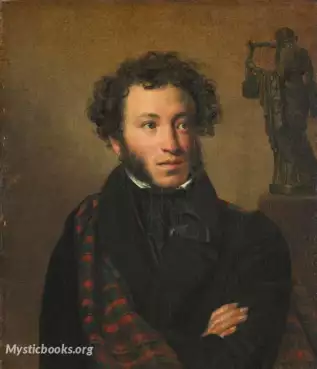
Alexander Pushkin
Russia
Alexander Sergeyevich Pushkin was a Russian poet, playwright, and novelist of the Romantic era. He is considered by many to be the greatest Russian poetand the founder of modern Russian literature. P...
Books by Alexander PushkinDownload eBooks
Listen/Download Audiobook
- Select Speed
Related books
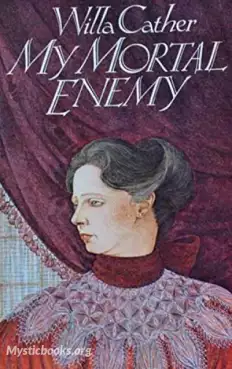
My Mortal Enemy by Willa Cather
It explores the complex relationships between two women, Nellie Birdseye and Myra Henshawe, who have been friends since childhood. The novel delves in...
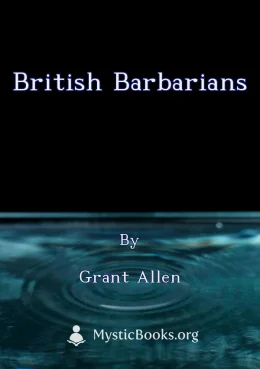
British Barbarians by Grant Allen
British Barbarians is a thought-provoking and entertaining novel that explores the nature of society and the role of the individual within it. The sto...
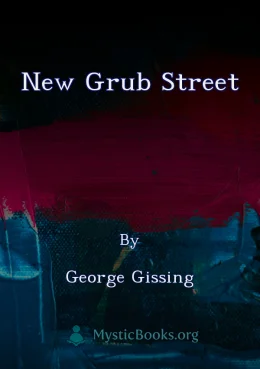
New Grub Street by George Gissing
New Grub Street is a bleak and realistic portrayal of literary life in late Victorian London. It follows the intertwined lives of two young writers, E...
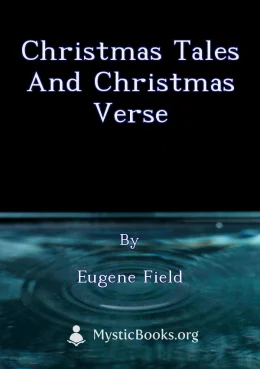
Christmas Tales and Christmas Verse by Eugene Field
This charming collection brings together a selection of Eugene Field's short stories and poems that celebrate the magic and warmth of Christmas. Each...

Meridiana: The adventures of three Englishmen and three Russians in South Africa by Jules Verne
In a land of mystery and danger, three Englishmen and three Russians must race against time to find a lost city. Meridiana: The adventures of three E...
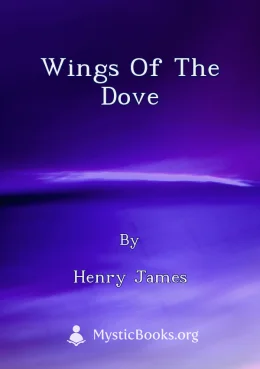
Wings of the Dove by Henry James
"The Wings of the Dove," published in 1902, represents to my memory a very old--if I shouldn't perhaps rather say a very young--motive; I can scarce r...

Short Line War by Henry Kitchell Webster
The Short Line War follows the story of Jim Weeks, a successful businessman who finds himself caught in a conflict between two competing railroad comp...
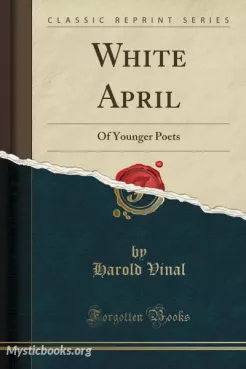
White April by Harold Vinal
It explores the themes of love, loss, and identity in the aftermath of World War I. Set in a small town in the United States, "White April" follows t...
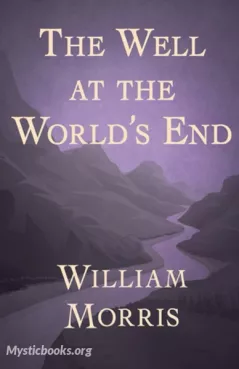
The Well at the World's End: Book 4: The Road Home by William Morris
In the climactic fourth installment of William Morris's epic fantasy saga, "The Well at the World's End: Book 4: The Road Home," the fate of Upmeads h...
Reviews for Eugene Oneguine
No reviews posted or approved, yet...
